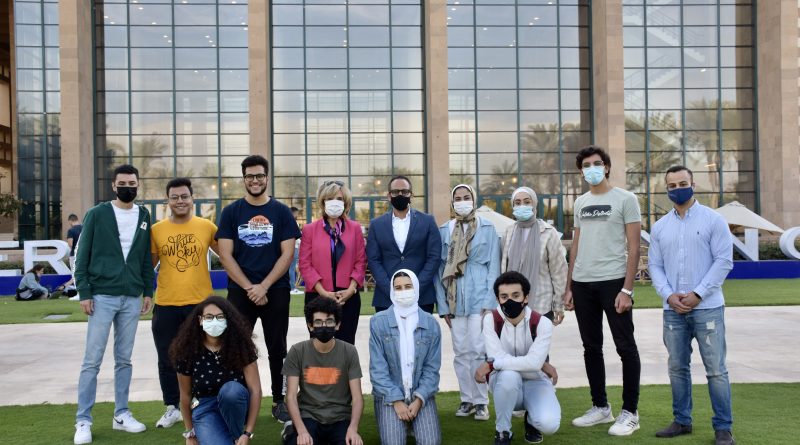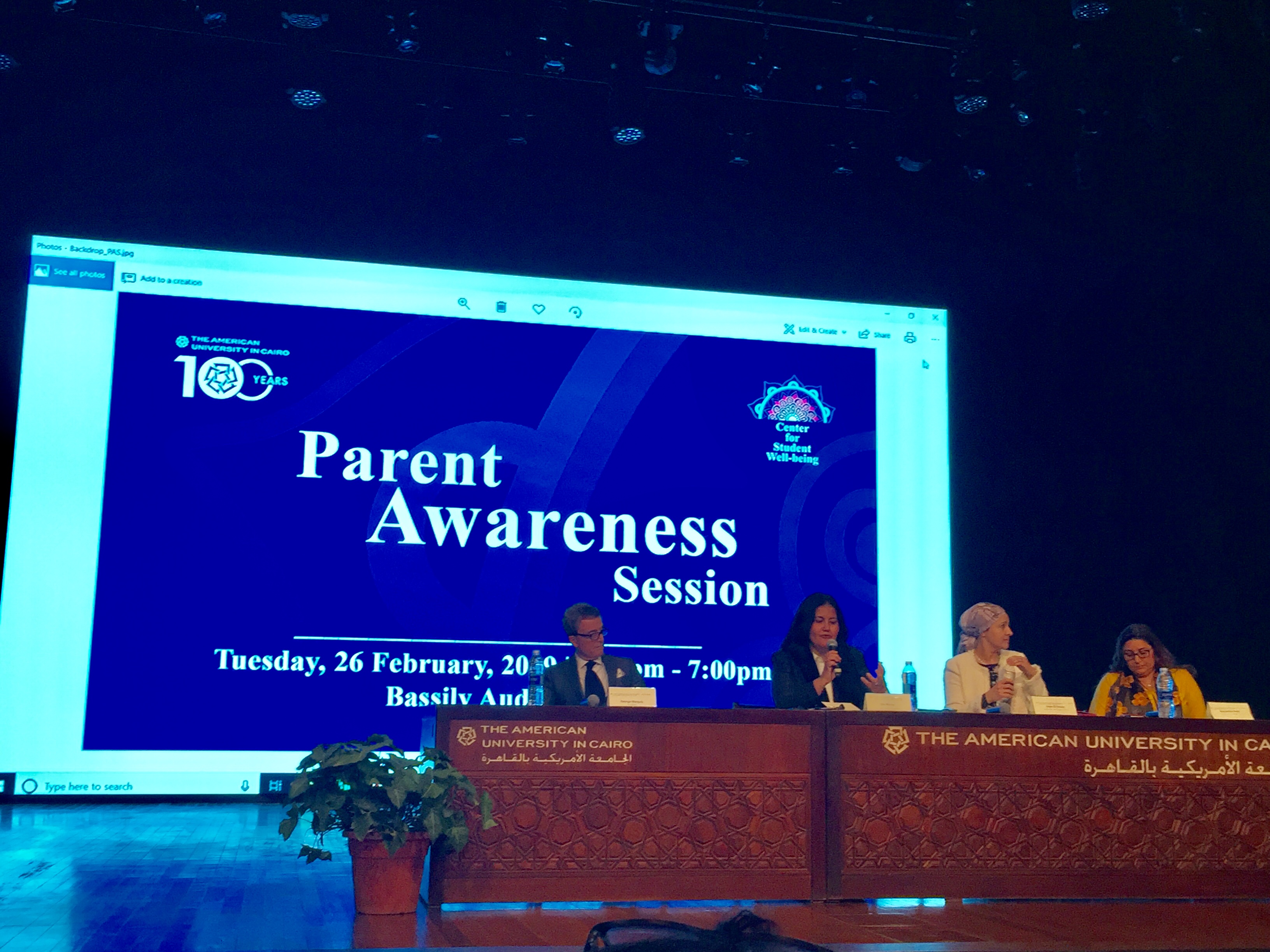Peer Tutors Help Students Navigate AUC
By: Malika Ferot
@Malikaferot
For all of those who have been personally victimized by math, there is hope. Students will now be able to receive help in that subject and others with the help of the new Peer Tutoring Center.
The new initiative offers scheduled tutoring sessions with current undergraduates in order to help students not only better understand the content of their courses, but the acrobatic act of juggling them.
The program had a successful pilot in the spring semester, and now continues with free tutoring in Calculus, Economics, Physics and Engineering. In an effort to be as accessible as possible, and cater to the schedules of the students, the tutoring sessions are offered both in person, on campus and online.
The offered courses are selected based on, among other things, lists from The Center for Student Wellbeing which indicate the courses at risk students struggle the most with.
According to the head of the initiative, Assistant Provost for Innovative Learning Experiences Fady Morcos, the issues for many students are rooted in the stress of getting the right grades, predeclarations fears and having too many courses.
“Because of that stress, they struggle to do well in their courses. Maybe in the same course with less environmental pressure they could have done better. So we decided to give them the necessary support on how to navigate the learning experience at AUC,” Morcos told The Caravan.
He adds that it is the interpersonal relationship and the shared experience that makes the difference and why it is crucial that it is peers tutoring peers. While a teaching assistant may master the content, the peer tutor will have taken the course within the past two years, maybe even with the same professor as the student they are tutoring.
“The tutors know the exams, the assignments. They took Calculus II together with Physics I, so they know how to juggle both, and they know the application of these topics in that course. That experience is unique,” Morcos said.
The tutors are handpicked by their professors and given extensive training on how to facilitate the best learning experience.
“I call it cognitive apprenticeship – as if the student is an intern in their cognitive process,” Morcos says.
The peer tutors receive training on these kinds of techniques to be able to support students to be more independent in their learning process.
“They are walking them through their thought process on how to tackle the problem, rather than solving the problem for them,” Morcos said.
Besides having to meet the criteria of a minimum grade of A- in the subject they will tutor, they are also nominated based on personal qualities such as patience, communication and leadership skills, and their wish to help others.
Economics senior Omar Abdelwahab is one of the peer tutors. He explained that a key part of what he does is to offer mental relief by assisting students with their declaration-induced stress.
“They (the freshmen) are so worried about their declarations, and their GPA and so on. Being able to help them trust their intuition and be confident is why I became a tutor,” Abdelwahab told The Caravan.
He believes having peer tutors could ensure that students who otherwise would not seek any help, will receive the guidance they need.
“Some students are afraid of approaching teaching assistants and professors, because they feel that the professor is not approachable, and I think some students are more comfortable with peer tutors in general” Abdelwahab said.
Ameena El-Agha, a Data Science junior, was already helping out her friends before she became a tutor. Having taken the exact same courses makes it a lot easier for her to help and tutor other students, rather than just teaching the subject.
“It makes it a lot more comfortable, as you were in their position, and you are teaching it in the way that you understood it,” El-Agha said.
The program is suitable for anyone who wants to ask questions, regardless of their level and needs.
“There are all kinds of students [at the center]. Some students barely know anything about their topics, some who just have a couple of questions. It really caters to everyone,” El-Agha added.
Some students even ask for guidance in declaration requirements, including which courses to take and more sensitive issues ,like which professors to avoid. As the tutors have been through the whole process themselves, these are all questions that they will be able to help with.
“It’s free of cost for everyone, so even if you just have a couple of questions, schedule a session and meet with a tutor,” El-Agha said.




